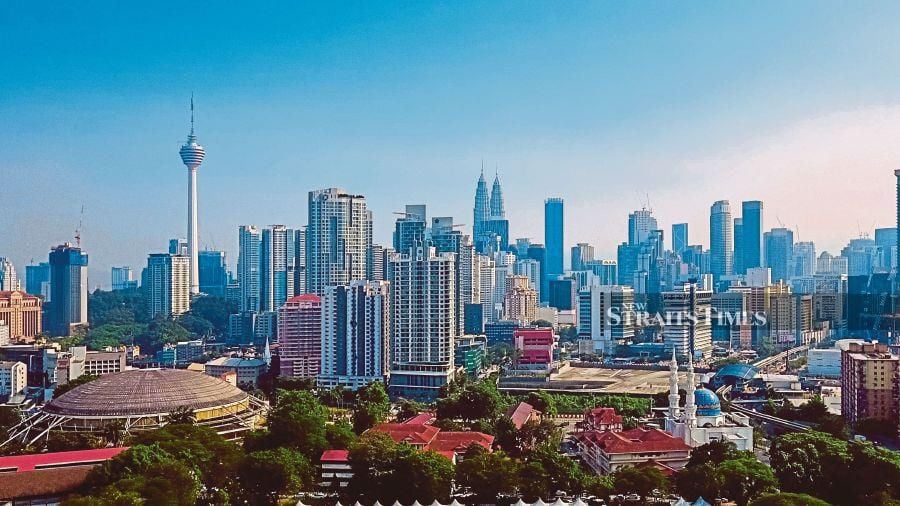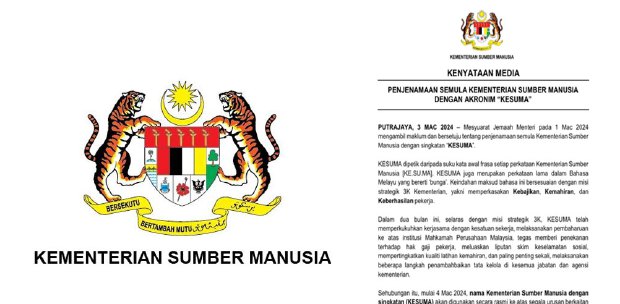KUALA LUMPUR: Malaysia ranks 62nd out of 189 countries in the Human Development Index (HDI), according to "The Next Frontier: Human Development in the Anthropocene" report, released by the United Nations.
A media statement from the United Nations Development Programme (UNDP) said that Malaysia managed a score of 0.810, which puts it in the "very high" human development category.
The report is part of the UN's annual HDI, which introduces new approaches for advancing human wellbeing since it first started in 1990, it said.
The human development approach is about expanding the richness of human life, rather than simply the richness of the economy in which human beings live, it said.
The statement said Malaysia's score improved in comparison to what it had achieved last year, primarily because of an improved life expectancy average at 76.2 years compared to 76.0 years in the previous year.
"Between 1990 and 2019, Malaysia's HDI value increased from 0.643 to 0.810, which shows an increase of 26 per cent," said the statement released to the press yesterday.
For the same period, life expectancy at birth for Malaysians increased by 5.3 years and Malaysia's Gross National Income (GNI) per capita increased by about 177.3 per cent between 1990 and 2019.
UNDP administrator Achim Steiner said humans wield more power over the planet than ever before.
"In the wake of Covid-19, record breaking temperatures, unprecedented storms, forest fires and rising inequality, it is time to use that power to redefine what we mean by progress, where our carbon and consumption footprints are no longer hidden."
The report, which used a new global index factoring in environmental indicators, shows that no country has ever managed to achieve a great deal of progress without putting immense strain on the planet.
"We could be the first generation to right this wrong. That is the next frontier for human development," said Steiner.
The report also showed that the next frontier for human development will require working with and not against nature, working closely with governments and designing intelligent incentives for change.
Meanwhile, UNDP resident representative for Malaysia, Singapore, and Brunei Darussalam, Niloy Banerjee said the 2020 Human Development Report argues that we must move beyond seeking to solve discrete problems with singular solutions.
"We must connect the dots and equip ourselves to navigate complex, interconnected social and ecological systems in a way that we create positive reinforcements.
"The need for this is illustrated by the Covid-19 pandemic, which was both created and sustained by planetary and social anomalies," he said in the same statement
Niloy also hopes that the report will be a resource to help Malaysia make informed choices and investments, as it not only powers its way out of the Covid-19 aftermath, but also sets its course for a more resilient, future-focused economy.
"We need nothing short of a great transformation in the way we live, work, and interact to help chart a course toward the next frontier of human progress," he said.





